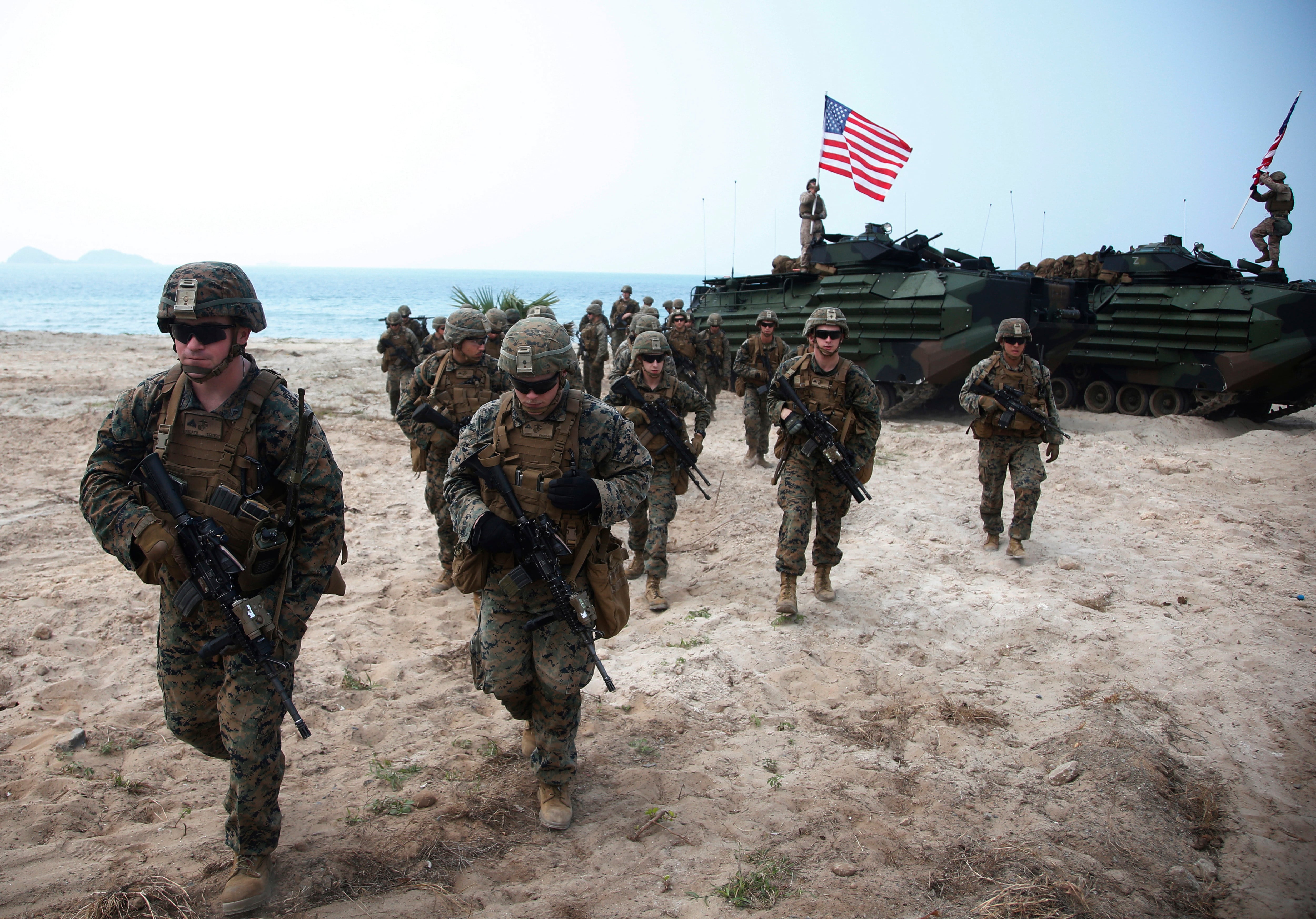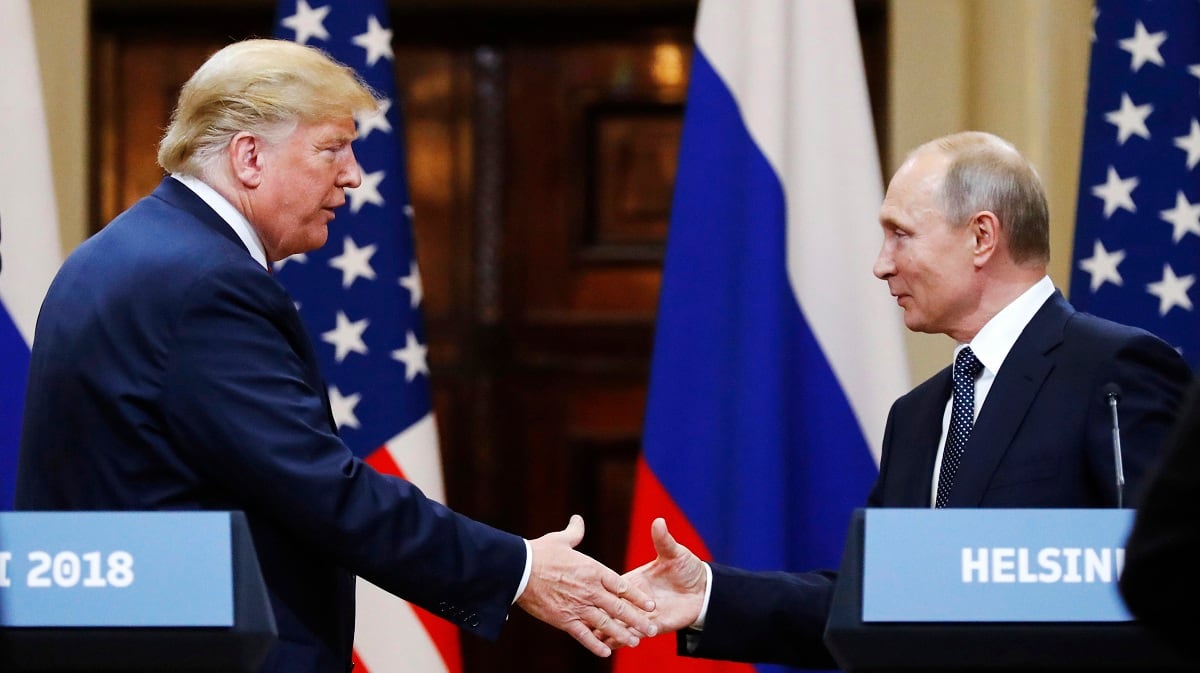WASHINGTON — Top Democrats on the House Armed Services and Foreign Affairs committees are calling on the Trump administration to brief them on the president’s plans to withdraw from the Reagan-era Intermediate-Range Nuclear Forces Treaty.
In a letter sent Wednesday to Defense Secretary Jim Mattis and Secretary of State Mike Pompeo, the lawmakers warned that withdrawing from the INF Treaty and letting the 2010 New START nuclear arms reduction treaty lapse “would be short-sighted and detrimental to national security.” They asked that Mattis and Pompeo brief the committees the week of Nov. 13, when Congress returns from recess.
“We write to express our grave concern that the Trump Administration is notifying Russia that the United States intends to unilaterally withdraw from [INF], without any notice to or consulting with Congress,” write House Armed Services Committee ranking member Adam Smith, D-Wash.; House Foreign Affairs Committee ranking member Eliot Engel, D-N.Y., and Europe and Eurasia subcommittee ranking member Gregory Meeks, D-N.Y.
Separately, the Senate Armed Services Committee’s ranking member, Sen. Jack Reed, D-R.I., called the INF withdrawal “an unforced error that plays into Russian hands and fragments NATO unity.” He also raised fears it would set the stage for a withdrawal from the New START, set to expire in 2021.
President Donald Trump announced over the weekend his intention to abandon the INF Treaty (which covers ground-launched midrange missiles), and his national security adviser, John Bolton, said the administration was “currently considering” its position on New START, which the U.S. and Russia could agree to extend another five years.
“[Russian President Vladimir] Putin has long wanted to end this treaty, but didn’t want to be the one to walk away,” Reed said in a statement Wednesday. “It is troubling that President Trump is doing it for him.”
RELATED

Speaking Tuesday, after two days of talks in Moscow, Bolton said the INF Treaty only constrains the U.S., as Russia has violated it and China is not a party to it. On the New START treaty, the Trump administration’s nuclear policy contends Russia is developing shorter-range weapons with less powerful warheads that “are not accountable."
Bolton said threat to Europe isn’t the prospective U.S. withdrawal from the pact, but “the threat is the Russian missiles already deployed.”
Moscow has denied any violations. Asked if the pact could be rescued if Russia comes back to compliance, Bolton said it’s hard to expect that given Russian denials.
Bolton also cited China’s massive intermediate-range missile capability as another key concern.
The European Union said in a statement Monday that beyond urging Russia to stick to the INF Treaty, the bloc of countries also expects “the United States to consider the consequences of its possible withdrawal from the INF on its own security, on the security of its allies and of the whole world.”
The EU statement said the arms control treaty had been an essential cornerstone of Europe's security structure for more than three decades and helped contain the proliferation of weapons of mass destruction.
“The world doesn’t need a new arms race that would benefit no one and on the contrary, would bring even more instability,” the organization said.
Smith, Engel and Meeks called the INF withdrawal “unilateral” and said it risks “needlessly” dividing NATO allies.
They asked for an assessment of the military implications of withdrawing from the two treaties, and the status of consultations with allies, among other questions, by Nov. 2.
The Associated Press contributed to this report.
Joe Gould was the senior Pentagon reporter for Defense News, covering the intersection of national security policy, politics and the defense industry. He had previously served as Congress reporter.





